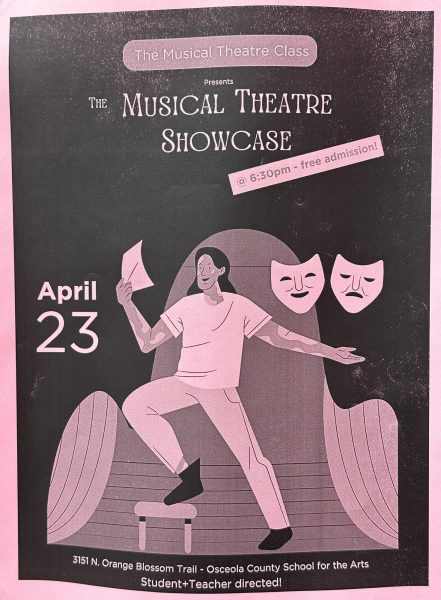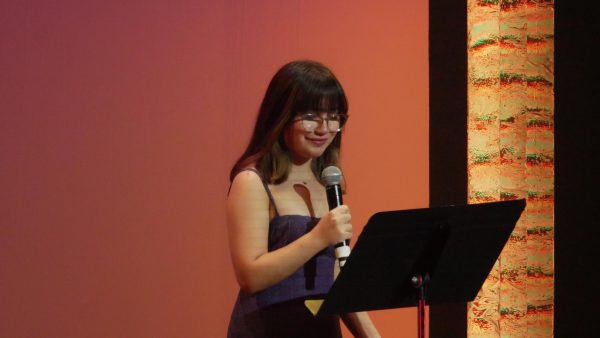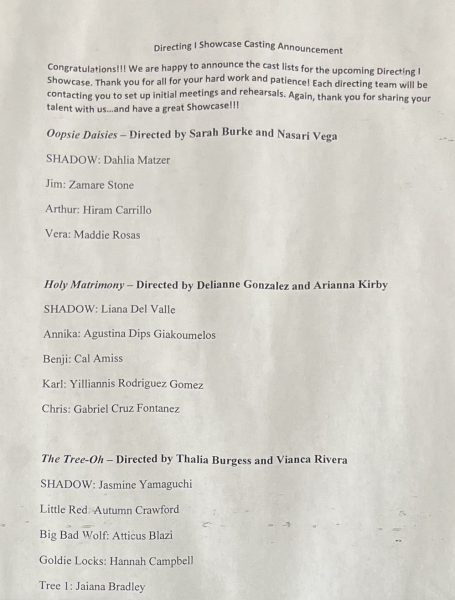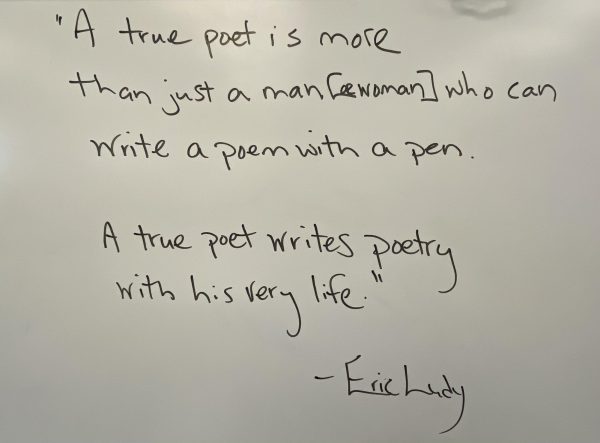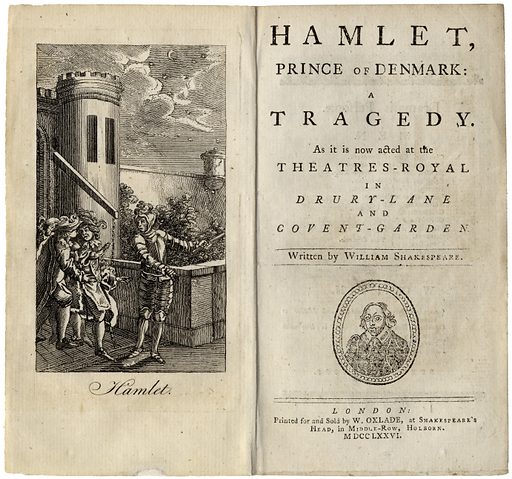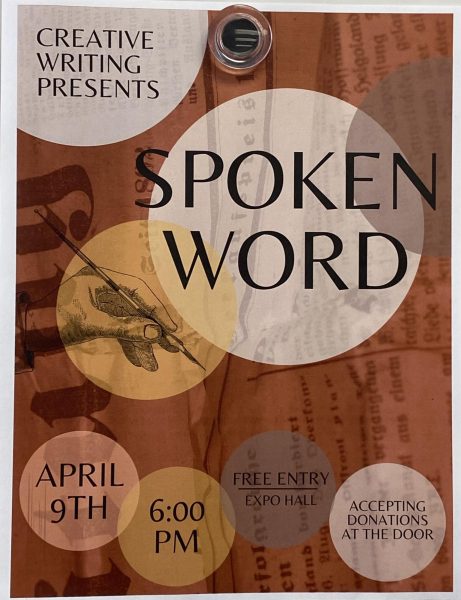Mitski’s New Album: “Laurel Hell”
Mitski releases her new album after a two-year-long hiatus
February 10, 2022
Japanese-American singer-songwriter, Mitski, is well-known for her indie rock music and meaningful lyricism. Dubbed a “sad girl icon,” Mitski’s vulnerable lyricism paired with impactful instrumentals has made her a hit amongst a variety of age groups.
After a two-year long hiatus, Mitski released her new album, “Laurel Hell” on February 4th. This thorough contemplation of depression and separation is intertwined with upbeat instrumentals. In this album, she reflects on her past choices, insomnia, self-sabotage, the loss of naïveté, and the yearning to “drown out” the anxieties of life. Her raw lyrics captivate her fans, who can relate to the overwhelming dread of isolation present during the pandemic.
Mitski’s self-imposed hiatus came soon after her fifth album “Be the Cowboy.” In an interview with Apple Music, she stated that after this release, she felt as if she had nothing left to give. “I think I was just tired, and I felt like I needed a break and I couldn’t do it anymore,” she claimed. After her decision, she felt a “surge of regret,” saying “I let go of this career that I had worked so hard to get and I finally got, and I just left it all behind. I might have made the greatest mistake of my life.” Luckily, during her hiatus her fans reveled in her past music and were overjoyed to hear from her again in “Laurel Hell.” Many of her fans relate to the heavy lyricism and the ever-pulling desire to give into the darkness that Mitski sings of.
Mitski’s choices in her album are all very deliberate, with many underlying meanings and metaphors hidden within her lyrics as well as the album title. The folk term Laurel Hell, which her album is named after, is used to describe parts of the southern Appalachians, where the flowery plant, mountain laurel, grows in a compacted manner that is difficult to pass through. According to legend, many people have passed away while trying to hack through the knotted thorns. Mitski saw this overwhelming need to escape and dying in the process as a metaphor for her own struggles.
This album is filled with meaningful solemn lyricism and upbeat electronic instrumentals. “I think at first, the songs were more straightforwardly rock or just more straightforwardly sad,” Mitski says. “But as the pandemic progressed, [collaborator] Patrick [Hyland] and I just stopped being able to stay in that sort of sad feeling. We really needed something that would make us dance, that would make us feel hopeful. We just couldn’t stand the idea of making another sad, dreary album.”
Her songs in this album are heavily inspired by the 1980’s and are an ode t0 synth kings along with artists she admires, such as Giorgio Moroder, Abba, Vangelis and Ultravox. This inspiration was “less deliberate and more of a resignation,” says Mitski, who jokingly admits that Patrick and her “couldn’t fit this anymore, we love Hall and Oates’.”




